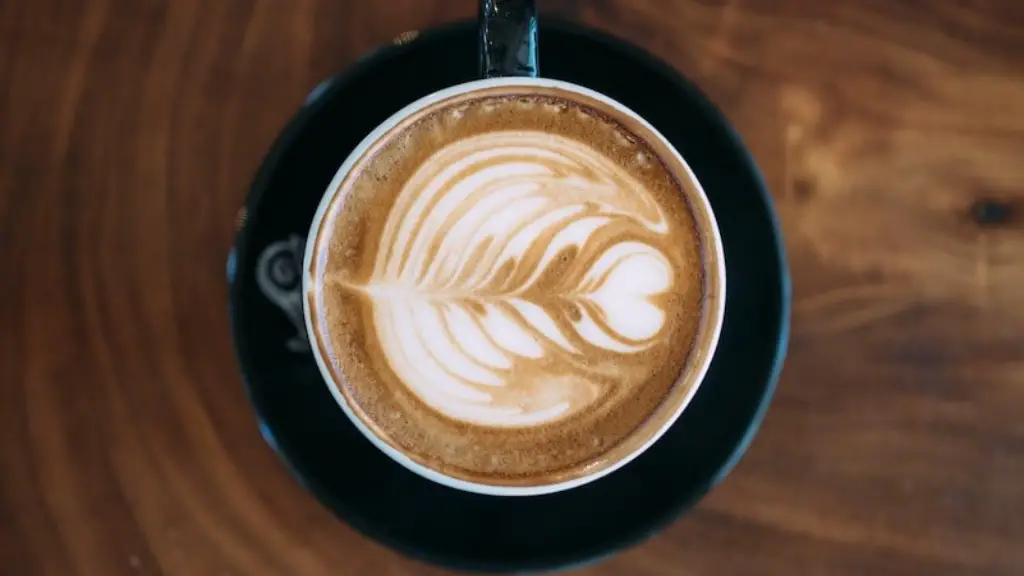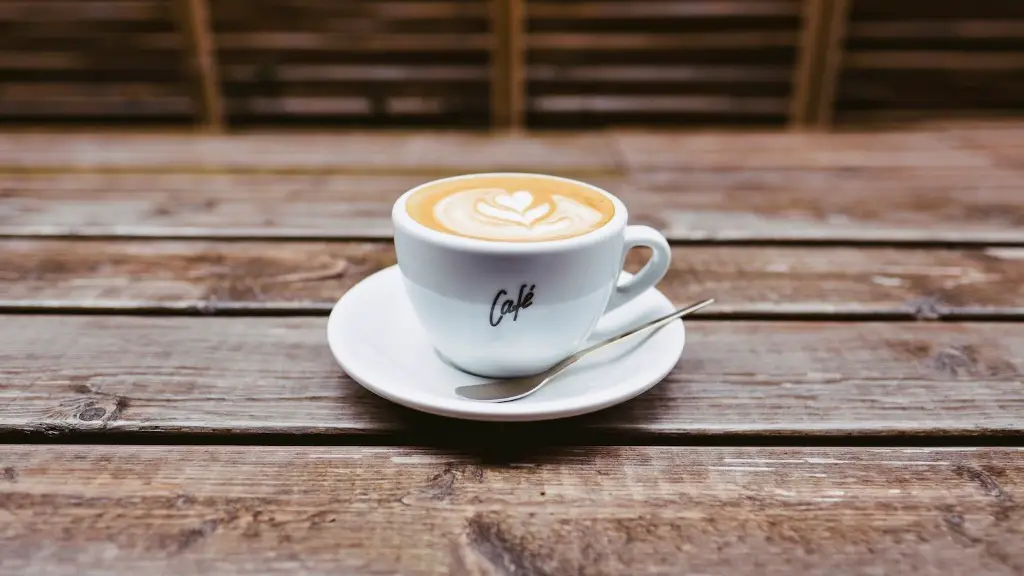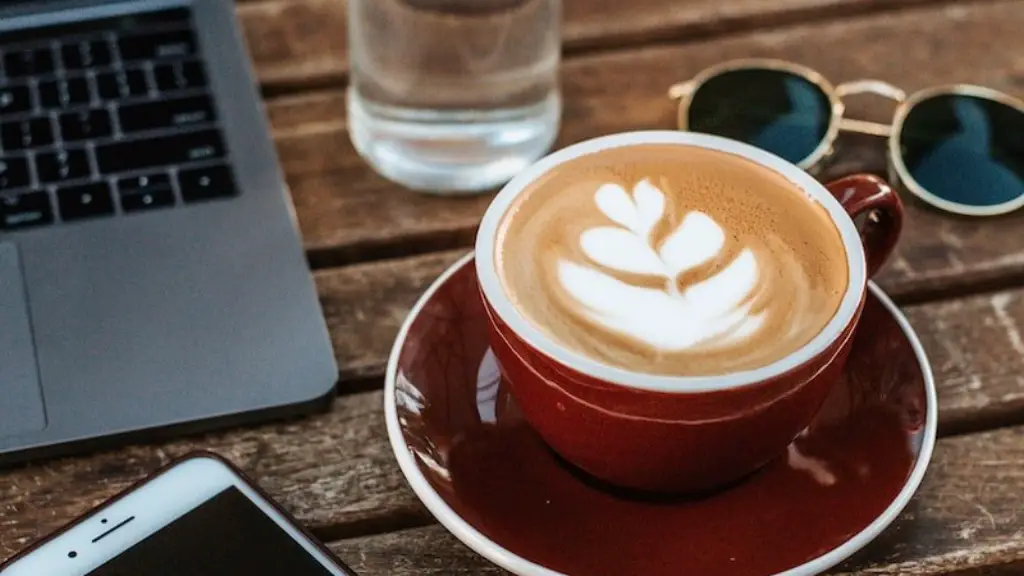Physical Health Impacts
Coffee is a beverage that contains caffeine and is renowned for its stimulating effects. Caffeine causes an increase in alertness and mental clarity. However, it also has potential adverse effects on one’s physical health such as headaches, jitters, and increased heart rate. For this reason, I decided to stop drinking coffee.
I used to experience extreme shakes and jitters after having caffeine on an empty stomach. I would feel an immense burst of energy followed by a crash that left me feeling exhausted. Also, I noticed that I suffered from frequent headaches shortly after consuming a cup of coffee.
According to Mayo Clinic, high caffeine consumption can lead to insomnia, restlessness, and heart palpitations. A more serious concern is that too much caffeine can raise your blood pressure and increase the risk of having a heart attack or stroke. That is why I decided it was best for me to quit drinking coffee.
Mental Health Impacts
While there have been numerous studies on the effects of caffeine in terms of physical health, there is also evidence of its detrimental effect on mental health. Caffeine increases stress levels and can exacerbate conditions such as depression and anxiety.
When drinking too much coffee, I found it difficult to focus, and it made me irritable and angry. I would also experience moments of paranoia or feeling overwhelmed. These effects were not only short lived; they lasted for several hours after drinking coffee.
According to the National Institute of Mental Health, excessive caffeine intake can have serious adverse effects on mood and emotional stability, leading to feelings of hopelessness, depression and even suicidal thoughts. This was a major wake up call for me and a major factor in why I decided to quit drinking coffee.
Nutritional Impacts
Coffee, while tasty and widely consumed, is often a poor choice in terms of nutrition. Most coffee beverages contain high levels of sugar and empty calories. They are also often loaded with additives and artificial sweeteners. For example, a 16-ounce coffee drink can be up to 400 calories.
When I stopped drinking coffee, I found that I was able to lose weight much easier and that my overall health improved significantly. I also noticed that my digestion and energy levels had improved; this was likely due to the fact that I was avoiding the sugar and empty calories found in the coffee.
According to the Mayo Clinic, regularly drinking coffee can inhibit the absorption of certain vitamins and minerals. This can lead to a number of nutritional deficiencies that can have a negative impact on physical and mental health. For this reason, I decided to quit drinking coffee and focus on healthier alternatives.
Environmental Impacts
Coffee production is a major industry that has the potential to have a devastating effect on the environment. Coffee production requires vast amounts of energy, water, pesticides and fertilizers. These processes can have significant environmental impacts, such as soil and water pollution, deforestation and air pollution.
Many of the products used in coffee production are also derived from non-renewable sources such as oil or gas. This can lead to increased carbon emissions, exacerbating the already serious problem of climate change.
According to a study published in the Proceedings of the National Academy of Sciences of the United States of America, coffee production is responsible for the release of nearly 100 million tons of greenhouse gases into the atmosphere each year. This was a major factor in my decision to stop drinking coffee.
Economic Impact
There is also an economic factor to consider when it comes to drinking coffee. Coffee is an expensive habit and can become a financial burden when consumed in large quantities. A single cup of coffee can cost as much as $4 to $5, with more expensive beverages such as latte and cappuccinos costing even more.
When I stopped drinking coffee, I found that I had more money in my pocket at the end of the month. This allowed me to save more money and be more financially secure.
According to a study published in the Journal of Financial Counseling and Planning, Americans spend an average of $1,092 per year on coffee. This is the equivalent of 12% of the median household income in the United States. Eliminating coffee from my diet was an easy and effective way to reduce my spending.
Social Impact
Finally, there is a social element to consider when it comes to drinking coffee. Coffee can be a great way to connect with friends and family and to socialize. However, it can also lead to an unhealthy dependence on caffeine and can be a source of stress and anxiety.
When I quit drinking coffee, I found that I was more focused and better able to engage in meaningful conversations. I also noticed that I was less susceptible to caffeine-induced stress and was able to enjoy the company of others without the need for a cup of coffee.
According to The Royal Society for Public Health, drinking coffee can be a social hazard if consumed in large quantities. Those who are heavily reliant on caffeine are more prone to being defensive and irritable. I found that this was true in my own experience and decided to quit drinking coffee means I now have a much more relaxed and healthy connection with those around me.
Emotional Impact
The emotional impact of quitting coffee can be significant. Many people consider their morning cup of coffee to be an essential part of their routine and feel that it gives them a sense of security. Quitting can be difficult but can also be emotionally and psychologically rewarding.
I found that when I quit drinking coffee, I felt a sense of accomplishment that I had not experienced previously. I also felt more alert and energized than I had in a long time. I found that drinking coffee was often a crutch for me and that I was able to be just as focused without it.
According to Psychology Today, giving up coffee can be a positive step towards taking control of one’s life. Quitting coffee can lead to an increased sense of self-determination and satisfaction. This was certainly true in my own experience and was a major factor in why I decided to quit drinking coffee.
Alternative Solutions
When I stopped drinking coffee, I found that there were a number of alternative solutions to get my caffeine fix. Tea is a great alternative to coffee and can provide many of the same stimulating effects as coffee without the jitters or anxiety.
Herbal teas are also another great option. They are a great source of natural energy and are loaded with antioxidants and other beneficial compounds. I found that herbal tea gave me an amazing energy boost without the crash or jitters of coffee.
Additionally, there are a number of natural energy supplements that provide an effective energy boost without the need for caffeine. These supplements are great for those who are looking for an energy boost without the need to have coffee.
Change in Eating Habits
When I stopped drinking coffee, I found that my eating habits changed significantly. I no longer reached for coffee and sugary snacks when I needed a quick energy boost. I was able to make more mindful decisions about what I ate and was no longer reliant on coffee as a source of energy.
I found that having a nutritious breakfast was key to sustaining my energy levels until the end of the day. Having a balanced diet with plenty of fresh fruits and vegetables, lean proteins, and whole grains gave me the energy I needed to get through my day.
According to the United States Department of Agriculture, a balanced diet is essential to providing us with the energy we need to perform during the day. I found that quitting coffee allowed me to make more mindful decisions when it came to what I ate and gave me the energy I needed to complete my daily activities.


